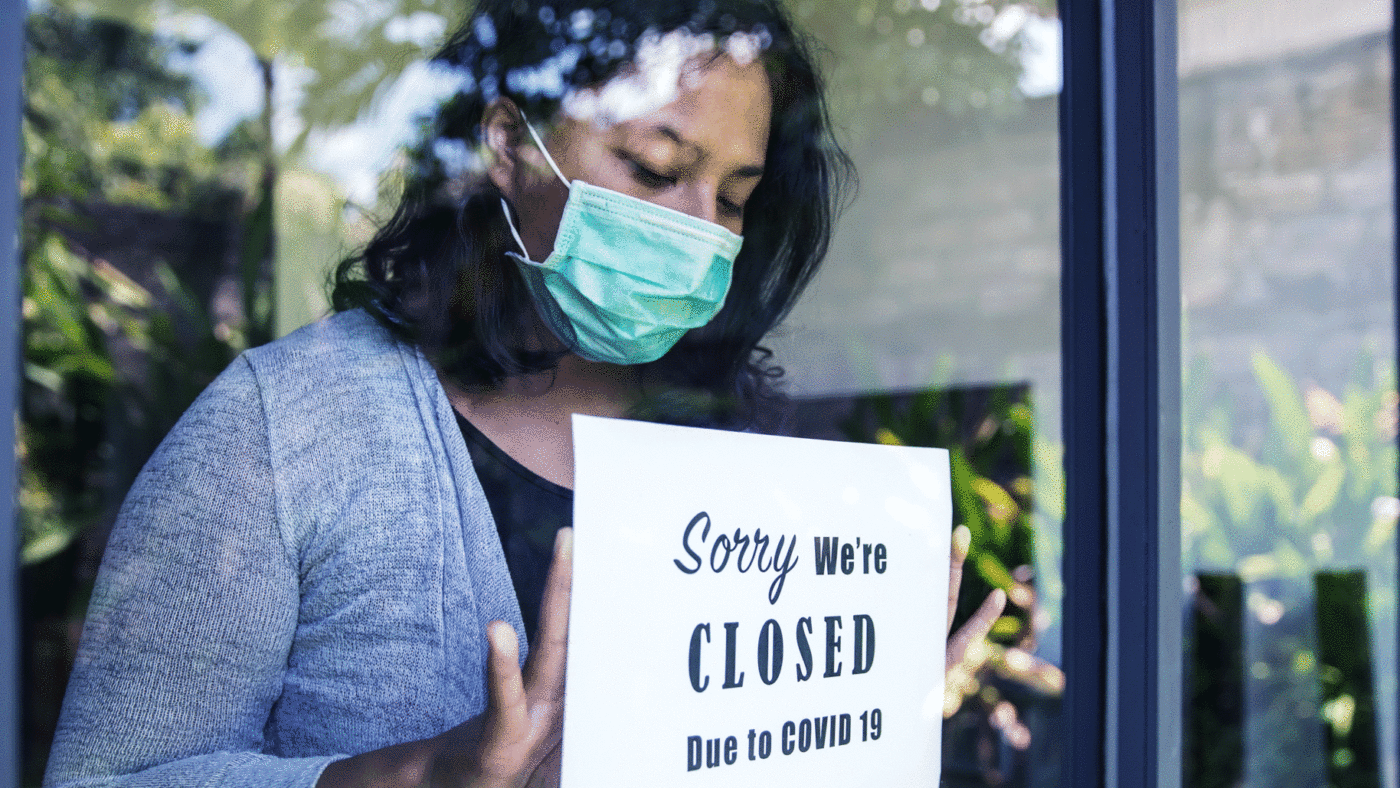At the beginning of this year, five million people were working on their own account in the UK. Their motives for self-employment differ, but for most it’s a mix of a desire for independence, a different lifestyle, and financial reward.
Some view the self-employed as the vanguard of an entrepreneurial and innovative economy, but critics perceive much self-employment as a tax dodge. On the other hand, some on the left worry that many self-employed are victims, pointing to often poorly paid and insecure work. It has been claimed that vulnerable people are forced into bogus self-employment by big businesses wishing to avoid responsibilities towards their workers.
Whatever the reason, self-employment contributed disproportionately to the growth in total employment in the decade following the last recession. But self-employed workers have lost out badly in the pandemic. Their numbers have fallen much faster than the number of employees, and many others have been unable to work as normal during the lockdowns. There is evidence that government assistance, for example through the Self-employment Income Support Scheme, has been poorly targeted, with over half of the self-employed receiving no help at all.
Yet the Chancellor has hinted that, in return for the assistance the government has granted, the self-employed may be taxed more heavily in the future.
This reflects a longstanding Treasury prejudice against the self-employed – for example in 2017 Philip Hammond tried to raise their national insurance contributions, but was defeated by a backbench revolt.
In recent years rules have been tightened, with responsibility placed on the public sector to ensure that self-employed contractors on government work who are paid through their own companies are doing so legitimately. This obligation was to be extended to the private sector in April, though this has been postponed till next year because of the pandemic.
In addition HMRC is pushing costly real-time reporting on many self-employed with the Making Tax Digital scheme. And last week the government launched a consultation on reducing alleged VAT losses in the ‘sharing economy,’ which encompasses some newer forms of self-employment, especially those based on apps.
On the other hand, the TUC and influential figures such as Interim Director of Labour Market Enforcement Matthew Taylor have pressed for new rights for the self-employed and greater access to welfare benefits. Taylor has argued for a status of ‘dependent contractor’, which would impose new obligations on businesses which contract work out.
So the pressure is for higher tax and/or national insurance and greater regulation of the self-employed. There are dangers in this.
The self-employed are an extremely heterogeneous group, varying from people running a corner shop or cafe, to construction workers, hairdressers, business consultants, actors and musicians, childminders, delivery drivers, small ethnic food suppliers employing ten or fifteen staff, fitness trainers and couples operating small businesses from home while looking after aged family members.
If we end up with new ‘one size fits all’ legislation, this could have unintended consequences such as deterring many people from entering self-employment who would gain from doing so, and driving more activities into the informal economy. HMRC calculations of significantly higher tax revenue from squeezing the self-employed could be mistaken.
There are no very strong public policy grounds for subsidising self-employed status, but there are no grounds for deterring it either. In the current climate, given the importance of getting as many people as possible back into work, it would be unwise to penalise the self-employed unnecessarily. Self-employment is for many a risky and often lonely business. Those undertaking it should not be singled out for higher taxes as a payback for government help during the pandemic – particularly as this help failed to reach the majority of those working for themselves.
In the past there has been an implicit deal between government and the self-employed, with those working on their own account paying less tax or national insurance to reflect the greater responsibility they take on for their own future, and a less generous safety net than that available to employees.
Circumstances change, and it may be that the time is ripe for some alteration of the terms of this bargain. But this should not take place in isolation.
The national insurance system has long been in need of reform. Ideally it should be merged with income tax to produce a more transparent and less complex system of personal taxation. If changes to the status of self-employed workers are thought necessary, they should take place in the context of wider and more radical reform.
The end of the pandemic, and the huge changes it will make to the economy, may be a timely moment to consider reform. It should not single out the self-employed as an easy target.
Click here to subscribe to our daily briefing – the best pieces from CapX and across the web.
CapX depends on the generosity of its readers. If you value what we do, please consider making a donation.


